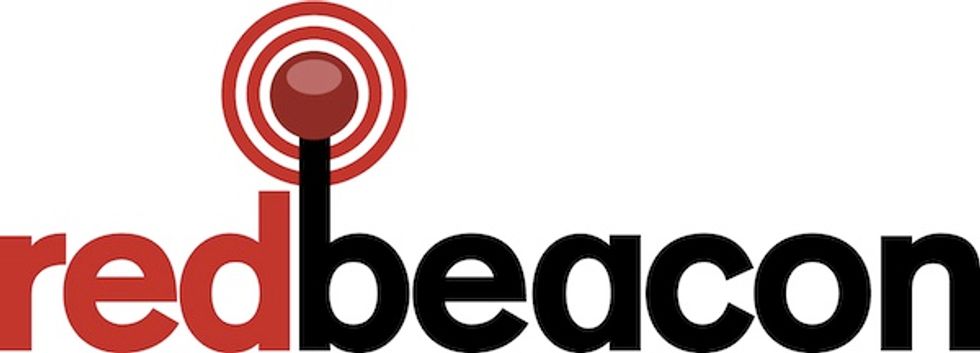Sooner or later, almost everyone has to deal with finding a plumber, a carpenter, or a housecleaner to help deal with some issue around the place we call home.
The question is what can information technology do to help make this process more efficient?
The answer is a lot, as local startup Redbeacon is demonstrating to people all over the Bay Area and beyond.
The company, which launched in 2010, is the brainchild of several former Googlers, including Yaron Binur, who was one of a select group of young “associate product managers,” or APMs, identified as potential future leaders of Google.
Author Steven Levy writes in his book In the Plex: How Google Thinks, Works, and Shapes Our Lives, that none of the APMs he interviewed envisioned staying with Google over the long-term, however, yet the search giant was okay with that.
“Even if they leave, it’s still good for us,” Marissa Mayer, the Google exec who ran the APM program told Levy. “They’re going to take the Google DNA with them.”
I mention all of this because that’s exactly what Binur and his colleagues have done with Redbeacon – founded a company based in Google’s DNA to serve the home services market.
“The way most people find the providers of these services hasn’t changed since 1970,” says Binur. “The Internet has had zero impact. They ask friends for advice, look at the yellow pages -- maybe an online version – or check a bulletin board. So they’re still wasting a lot of time on this kind of thing.”
Redbeacon has figured out how to match service providers with the people needing their services by establishing a much faster, more efficient marketplace.
A homeowner needing, say, a painter, simply posts that need at Redbeacon, which then sends a SMS to all the painters in the area, triggering a closed auction that lasts 48 hours or until four bids are submitted from painters interested in getting the job.
Using its algorithmically determined “RB score,” the company then can rank these bids by factors including the quality of a painter’s work in the past, as judged by others who have employed him, how quickly he works, and how close or far he is from where the job occurs.
And also, of course, by price. These four bids are visible only to the homeowner, which ensures that the auction doesn’t simply deteriorate into a discount price war, because “the number one concern of homeowners, even more than price, is the quality of work,” Binur explains.
In November, Redbeacon launched its iPhone app, which is already proving to be its game-changer. Now, another irritating and slow part of the process of hiring a home services pro – the site visit – is less necessary.
That’s because people can upload a video of the room they need painted or the water heater that’s leaking, and the service provider can make an assessment on the spot and submit a bid without having to visit the home first.
Redbeacon, like any good Google-trained company, studies the data all of this activity generates and is constantly upgrading its service. One feature rolling out soon prompts the homeowner to answer a set of simple questions about the work (s)he needs performed, prompted by analyzing the data from scores or hundreds or thousands of similar jobs done in the past.
In this way, Redbeacon leverages its data to help the consumer help the provider make a more intelligent bid, once again making the entire process more efficient all the way around.
Binur refers to this as a tree of information within each of the two dozen or so verticals --the top eleven of which are listed on the iPhone app-- which in turn yield another three to four hundred sub-services.
It’s geeky stuff, but to those of us who love data and how it can be organized to reveal new patterns that just help make our lives a little better, what Redbeacon is doing is fascinating.
Binur has high aspirations for the company, and hopes to expand it from the current eleven metro markets to 50 by the end of this year. The company’s business model is based on collecting a small commission from the service provider – thus it’s free to the homeowner.





















